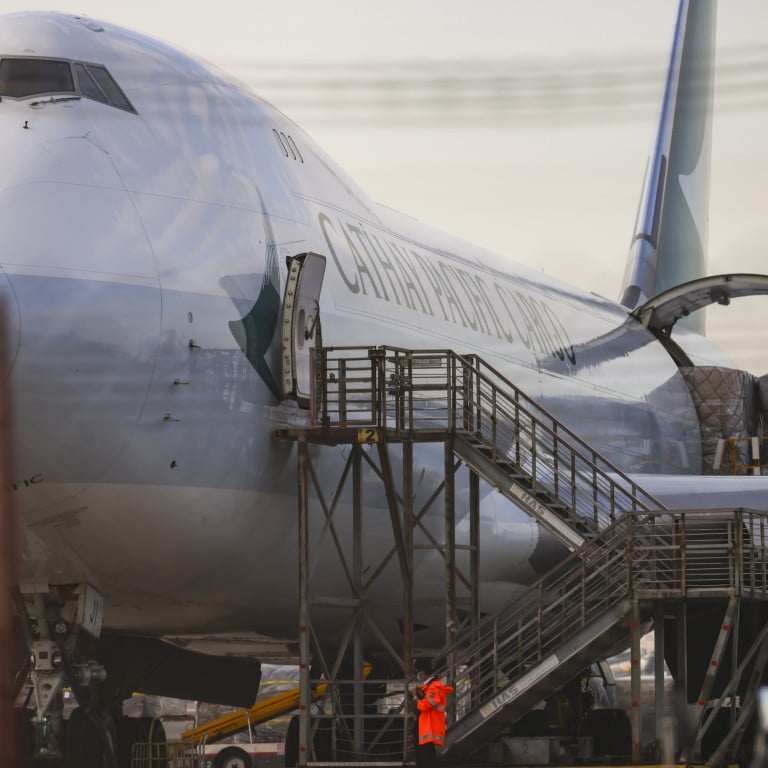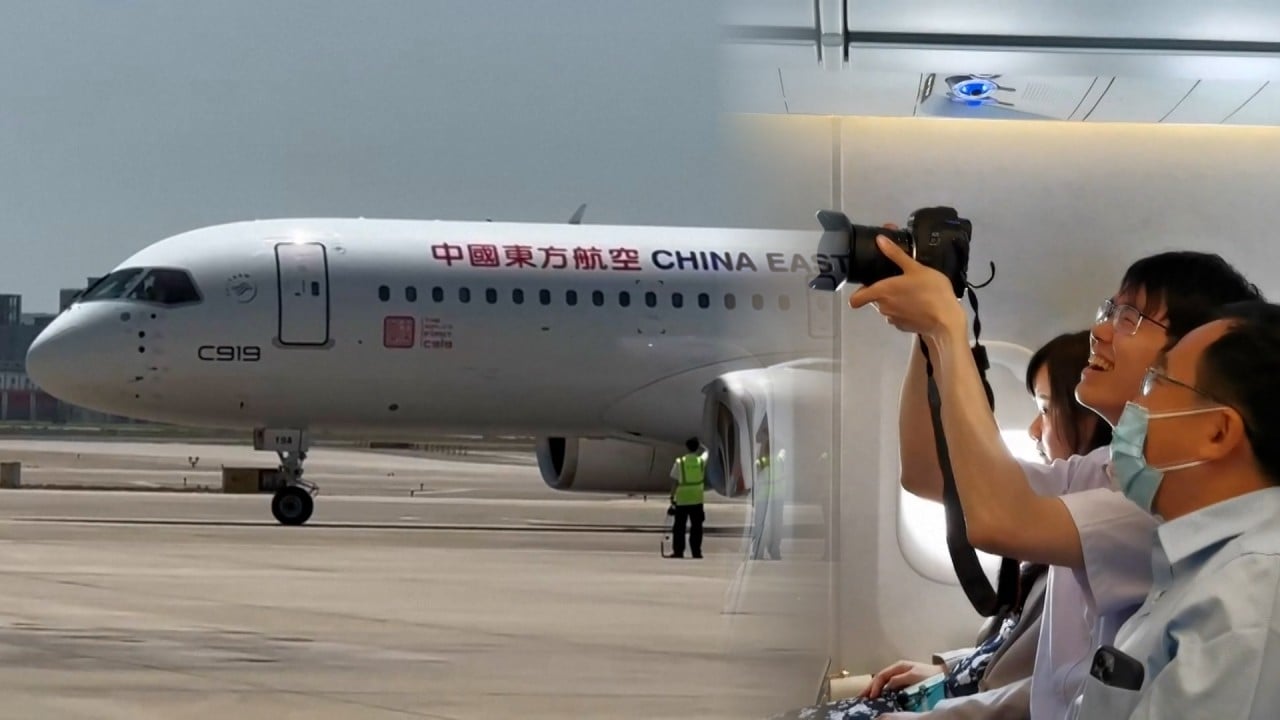
Hong Kong airport keeps top spot as world’s busiest for cargo volumes but still lags pre-pandemic levels
- It is the 13th time since 2010 that Hong Kong International Airport has been the busiest cargo airport on the planet
- Its cargo volume, at 4.3 million tonnes, remained below 2019 levels as operations last year were still in recovery mode after the pandemic
It is the 13th time since 2010 that HKIA has been the busiest cargo airport on the planet. It lost the number one position in 2020 because of the Covid-19 pandemic.
“We are proud to have claimed once again the top spot for air cargo throughput. This accomplishment demonstrates HKIA’s resilience, unparalleled efficiency and world-class cargo services,” said Jack So, chairman of Airport Authority Hong Kong (AAHK).
Memphis in the US took second place for the third year in a row, with 3.8 million tonnes of cargo throughput, which was a 4 per cent decline year on year. Shanghai dealt with 3.4 million tonnes, a 10 per cent increase from 2022 that put it in third spot.
Hong Kong’s cargo volume remained below 2019 levels when the airport handled 4.8 million tonnes, as operations last year were still in recovery mode after the pandemic.
The airport said that it will be able to handle up to 10 million tonnes of cargo once its three-runway system is implemented later this year.
Cathay Cargo, the city’s home carrier and the largest cargo operator at HKIA, said it carried almost 1.4 million tonnes of goods in 2023, representing a 20 per cent increase from 2022.
“Hong Kong once again being named number one in the world for air cargo is a testament to the resilience, innovation and collaboration of the Hong Kong air cargo community,” said Tom Owen, Cathay’s director of cargo, in a press release.
The city’s infrastructure, expertise and capabilities, supported by the development of “intermodal connectivity” within the Greater Bay Area, put Hong Kong at the forefront of the global air cargo industry, said Owen.
Air cargo volumes in the top 10 as a whole – representing 26 per cent of total global volumes in 2023 – were down 3.5 per cent year on year in 2023 to 29.6 million tonnes.
The global air cargo market is estimated to have declined by around 3.1 per cent in 2023. Geopolitical tensions and disruptions to global trade and supply chains were the main factors behind the global declines, according to the ACI.
“Global air travel in 2023 was chiefly fuelled by the international segment, propelled by several factors,” said Luis Felipe de Oliveira, ACI World director general.
“Among these were the anticipated benefits from China’s reopening and a growing inclination towards travel despite macroeconomic conditions.”


